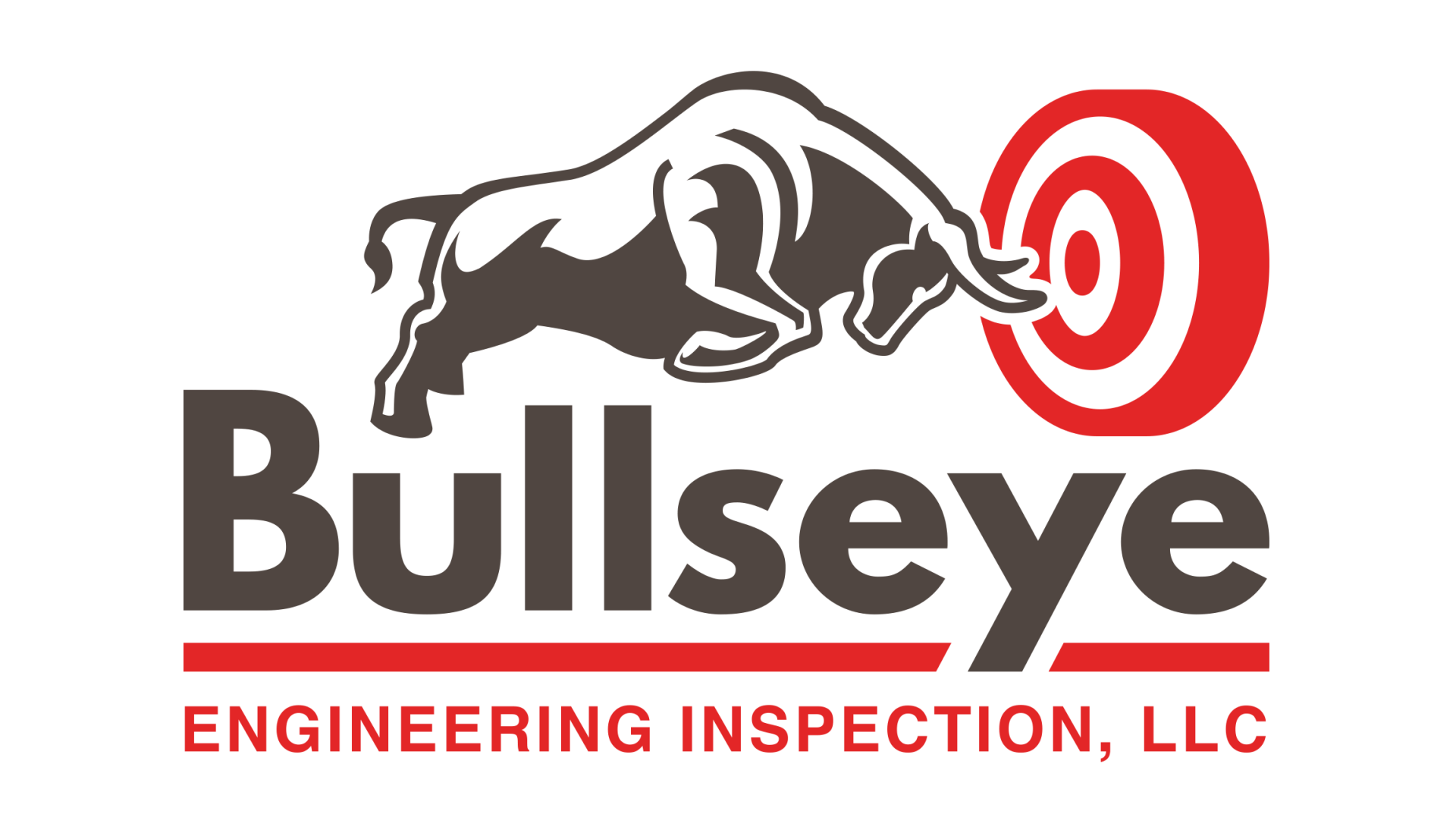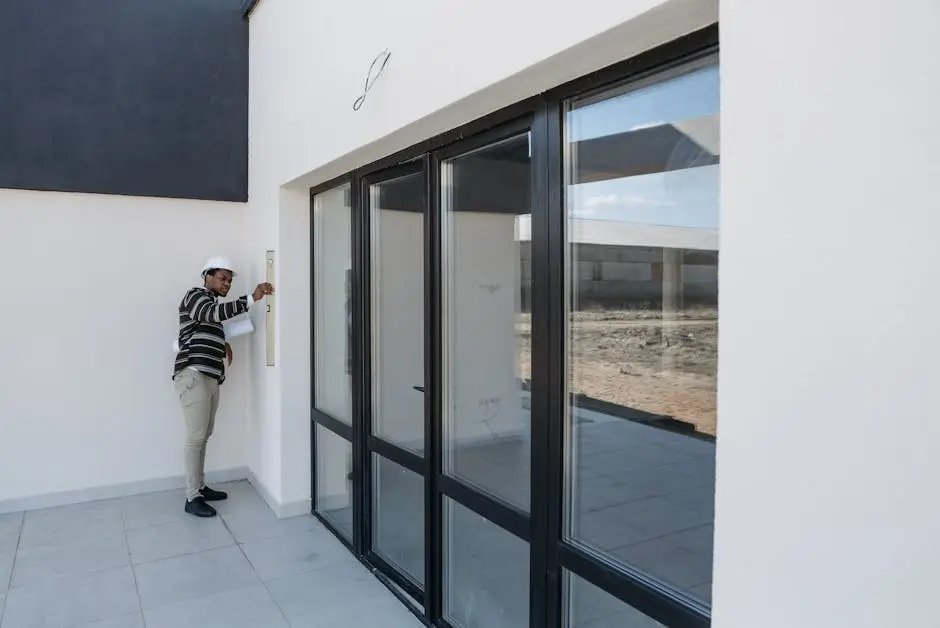
When embarking on a new construction project, it’s essential to have a thorough inspection to ensure that everything is up to standard. Despite the careful planning that goes into new construction, various issues can arise that might not be immediately visible. In this blog, we will explore some of the most common problems found during new construction inspections, along with tips on how to address them, making your journey smoother and more informed.
The Importance of New Construction Inspections
When it comes to any new construction, inspections play a crucial role in ensuring quality and safety. A new construction inspection serves as a quality check, identifying potential issues before they become significant problems. Homeowners often invest substantial amounts into their properties, and an inspection is an invaluable tool to safeguard that investment.
Additionally, new construction inspections offer peace of mind. Knowing that an experienced professional is assessing the work done on your home means you’ll be able to focus on other important aspects, like choosing your paint colors or selecting your landscaping features. This not only alleviates stress but also assures you that your new space will be safe and compliant with local building codes.
It’s also important to realize that inspections can save money in the long run. By identifying issues early, homeowners can have them resolved before they escalate into costly repairs. This proactive approach can help you avoid the frustrating surprises that often accompany homeownership, allowing you to enjoy your new space fully.
Foundation Flaws: What to Look For
The foundation is arguably the most critical part of a home, as it supports the entire structure. During a new construction inspection, it’s essential to closely examine the foundation for cracks, settling, or uneven areas. Cracks can indicate significant structural issues and may weaken the integrity of the entire building.
When assessing the foundation, look for signs of water intrusion. This could manifest as dampness or mold in the basement or crawl space, which can lead to further complications if not addressed promptly. A well-drained foundation is vital for preserving your home’s longevity, so ensure that proper drainage systems are in place.
Additionally, it’s advisable to inspect the grading around your foundation. Proper grading directs water away from the house, preventing erosion and foundation issues. If water pools around the base of your home, it can lead to serious long-term damage that may not become apparent immediately.
Imperfect Framing: Signs of Trouble
Framing is the skeleton of your home, and imperfections in this critical phase can result in a wide array of problems. During an inspection, pay close attention to the alignment and spacing of the studs, joists, and rafters. If walls or ceilings appear uneven, this could signal framing issues that may require costly rework.
One common issue is inadequate nailing or fastening of the framing materials. Builders may overlook the proper fastening techniques, leading to a less stable structure. Make sure to verify that all framing components are securely attached according to building codes; loose framing can result in problems down the road, especially with things like drywall installation.
Moreover, assess any signs of bowing or warping in the timber. Such defects not only compromise the aesthetics of your home but can also impact insulation and energy efficiency. Addressing framing flaws early in the construction process can save considerable time and resources in the long run.
Plumbing Issues: Hidden Dangers
Plumbing is a hidden but vital system in any home. During a new construction inspection, it’s essential to verify that all plumbing is correctly installed and up to code. Look for leaks, poor connections, and inadequate drainage, as these can lead to severe damage that might not be apparent until later.
One of the most critical aspects of plumbing that inspectors should check is the placement of pipes. If pipes are located near heat sources or in unventilated areas, they can deteriorate much faster. Moreover, improper venting can cause drainage issues and sewer gas problems, posing health risks to the occupants.
It’s also worthwhile to ensure that pressure levels in the plumbing system are consistent. Fluctuations in water pressure can indicate blockages or malfunctions within the piping. Conducting a thorough inspection of the plumbing system helps ensure that you won’t encounter unexpected water-related problems once the construction is completed.
Electrical Concerns: Safety First
Electrical systems are essential for making a house a home. When carrying out a new construction inspection, ensure that all electrical components meet local codes and safety standards. Look for proper grounding, sufficient circuit capacity, and accessible shut-off switches, as these elements are critical for making your home safe to live in.
Additionally, verify the placement of outlets and switches. An inspection should include checking whether outlets are conveniently located, which can help prevent accidents and promote ease of use. Remember to check for GFCI outlets in areas where moisture is present, such as kitchens and bathrooms, to maximize safety.
Wiring is another critical area to inspect thoroughly. Avoiding the use of outdated, brittle, or improperly installed wiring can prevent electrical fires and enhance the overall safety of your home. If any concerns are identified during the inspection, addressing them before finalizing the construction can provide peace of mind.
HVAC Problems: Ensuring Comfort
An efficient heating, ventilation, and air conditioning (HVAC) system is vital for ensuring your home remains comfortable throughout the year. During a new construction inspection, carefully evaluate the installation of the HVAC units, as improper installations can lead to inefficiencies and discomfort.
Inspect the ductwork for any evidence of gaps or misalignments. Poorly fitted ductwork can impede airflow and increase energy costs significantly. Ensuring that ducts are sealed and insulated properly can save you both money and frustration in the long run.
Don’t overlook the placement and sizing of HVAC units as well. Inadequate sizing can result in insufficient heating or cooling, leading to ongoing discomfort. Moreover, check that thermostat units are installed in appropriate locations, to avoid inaccurate temperature readings, which can impact efficiency.
Finishing Touches: Inspecting Quality Workmanship
The finishing touches can make all the difference in your new home, so it’s essential to inspect the quality of workmanship. Pay attention to the details, such as the smoothness of drywall finishes, the alignment of trim work, and the quality of paint applications. Flaws in these areas can lead to dissatisfaction when moving into your new space.
Beyond aesthetics, inspect the functionality of all fixtures and fittings. Ensure that doors, windows, and cabinets operate smoothly and fit properly. Faulty or misaligned features not only detract from your home’s value but may also indicate deeper, underlying construction issues.
Moreover, consider the overall cleanliness of the site. A neat and orderly home can reflect the level of care that the builders have taken during the construction process. If you notice debris or neglect in maintenance, it may serve as an early warning of potential issues looming in the background.
The Role of the Home Inspector
Home inspectors play a vital role in the new construction process. Their expertise helps identify issues that would be challenging for a homeowner to spot. An experienced inspector brings a keen eye for detail and an understanding of local building codes, ensuring your new home meets all necessary standards.
During the inspection, the home inspector will conduct a thorough review of all major systems, including the foundation, plumbing, electrical, and HVAC. Their assessment can uncover hidden flaws that might otherwise go unnoticed, securing your peace of mind as you finalize your new construction.
It’s crucial to choose a qualified home inspector who specializes in new construction. Their knowledge of common issues specific to new builds can offer invaluable insights, allowing you to address concerns promptly. Remember, a crucial aspect of ensuring the quality of your home lies in the choice of an inspector.
Wrapping Up: Stay Informed for a Successful Build
Understanding the common issues that can arise during a new construction inspection can help you take proactive measures, ensuring your home is a safe and comfortable space. By staying informed and knowing what to look for, you can navigate the construction process more effectively and prevent potential headaches down the line.

